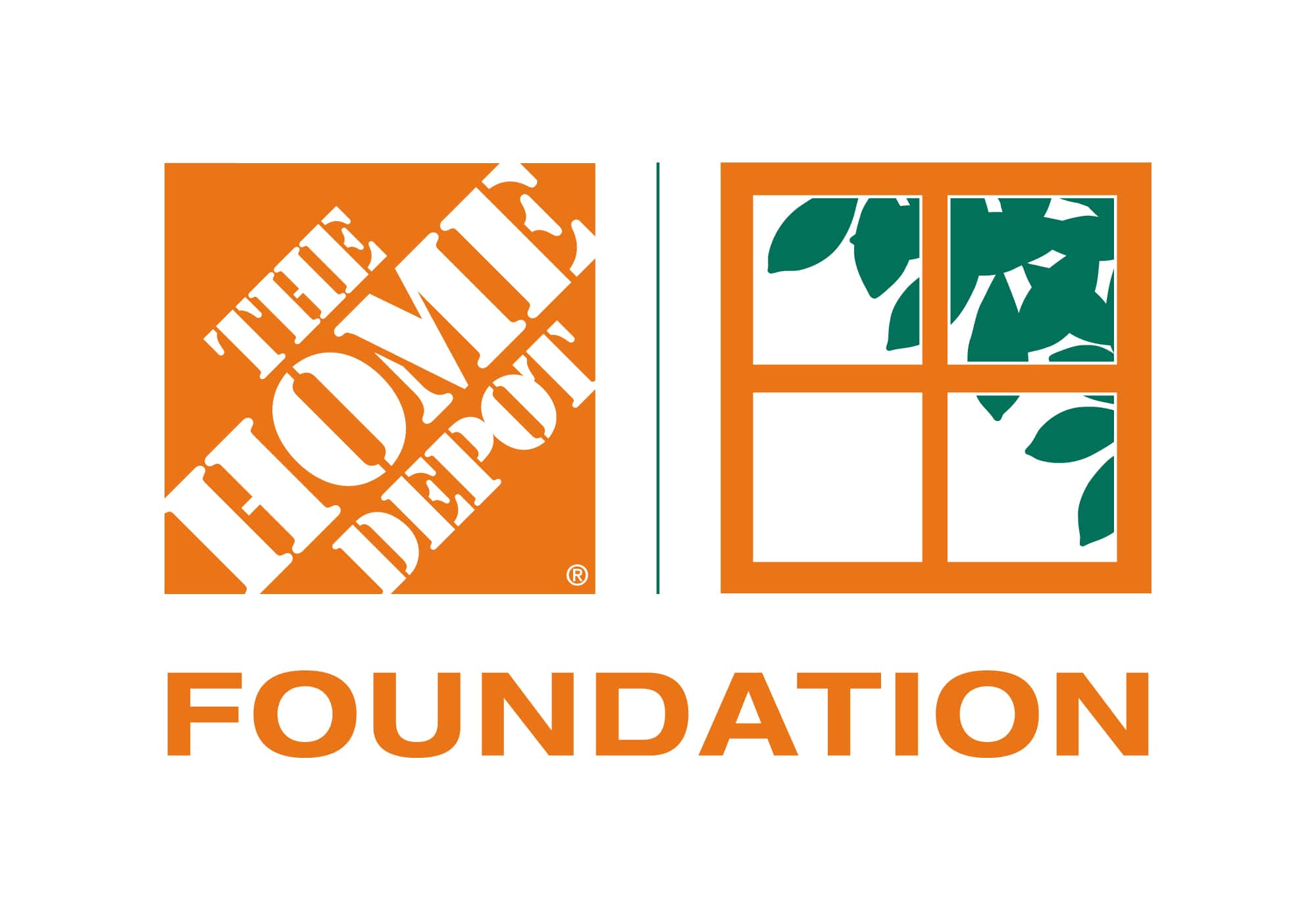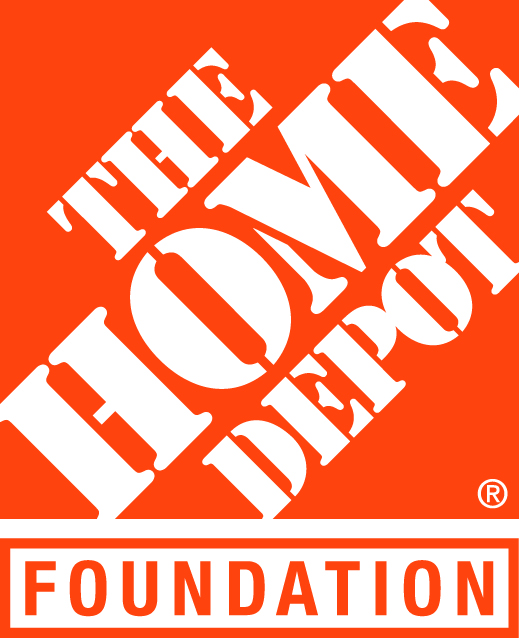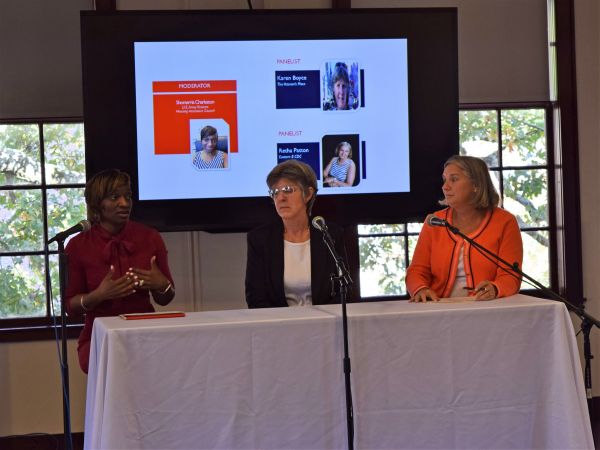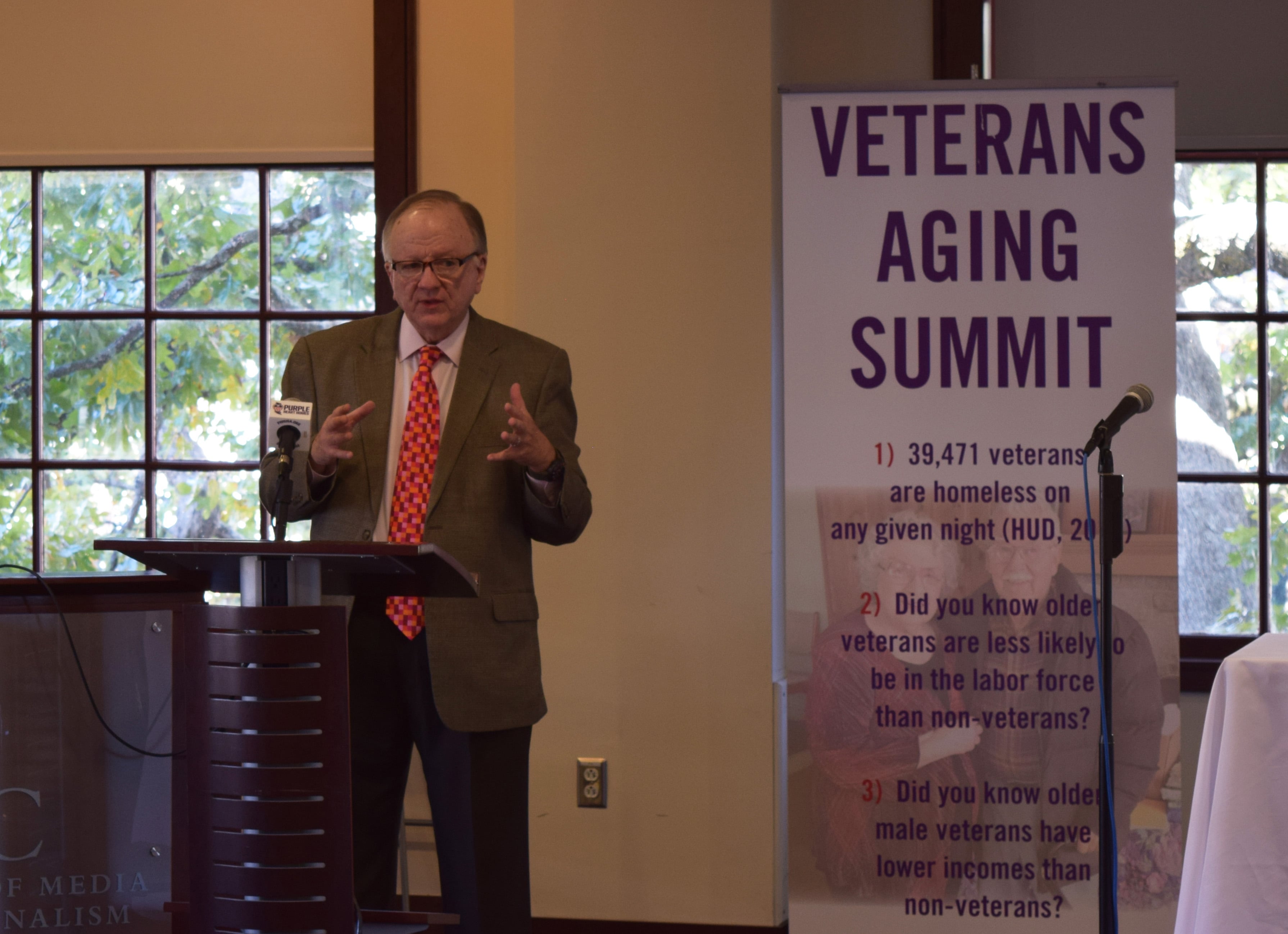 Return to Press Releases
Return to Press Releases
Contact: Dan Stern, dan@ruralhome.org, 202-842-8600 ext. 137
Janice Clark, janice@ruralhome.org, 202-842-8600 ext. 131
Rural Veterans and Local Nonprofits Receive Housing Aid
Awards Funded by the Housing Assistance Council and The Home Depot Foundation
Washington, D.C., May 9, 2013 – Life will improve for 100 veterans and their families in nine rural communities around the country, thanks to awards given by the Housing Assistance Council with the support of The Home Depot Foundation. HAC is awarding grants totaling $265,000 to nine local nonprofit housing associations to build or preserve housing for veterans in rural America.
“A disproportionately high number of rural Americans have served in the armed forces” said Moises Loza, HAC’s executive director, “and they deserve to have decent, affordable homes. HAC is proud to partner with The Home Depot Foundation and local nonprofit groups to ensure that they do.”
As part of its Affordable Housing for Rural Veterans Initiative, HAC will provide not only grants, but also training, research, and other assistance to rural nonprofits that serve veterans. HAC builds the capacity of local housing nonprofits to help more veterans and others in their communities.
The grantee organizations – described below – provide a range of programs. With the HAC grants, veterans who own homes in Maine, Washington, and Tennessee will receive home repair funds. Veterans in Texas will be able to help build their own new homes. New apartments will be constructed for homeless veterans in Florida. Altogether, nearly 100 veterans and their families will benefit from these grants.
“The Home Depot Foundation is committed to ensuring that every veteran has a safe place to call home,” said Kelly Caffarelli, President of The Home Depot Foundation. “We recognize the great need that exists in rural areas and are proud to partner with the Housing Assistance Council in our efforts to give back to those men and women who have so bravely served our country.”
About the Housing Assistance Council
Founded in 1971 and headquartered in Washington, D.C., the Housing Assistance Council is a national nonprofit corporation dedicated to helping local organizations build affordable homes in rural America by providing below-market financing, technical assistance, research, training, and information services. HAC’s programs focus on local solutions, empowerment, reduced dependency, and self-help strategies. HAC is an equal opportunity lender. To learn more, see https://ruralhome.org/veterans.
2013 Affordable Housing for Rural Veterans
About the Grantees
- Ability Housing of Northeast Florida in Jacksonville, Florida, will use $28,000 to support the development of eight units of permanent supportive housing for homeless veterans that live in Duval and Nassau Counties. More information about Ability Housing is available at www.abilityhousing.org.
- Western Maine Community Action (WMCA) in East Wilton, Maine, will use $28,000 to support a home repair program for rural veterans in Franklin County. Up to ten veterans and their families will have their homes made safe and affordable through WMCA’s repair program. More information about WMCA can be found at https://wmca.org.
- Northwest Michigan Community Action Agency (NMCAA) in Traverse City, Michigan, will use $28,000 to assist five veterans and their families in Northwest Lower Michigan with home repairs. NMCAA’s home repair loan fund offers a zero interest deferred loan for veteran homeowners. More information about NMCAA can be found at www.nmcaa.net.
- Community Action Network (CAN) in Paris, Tennessee, will use $24,000 to support ten veterans and their families in Henry, Benton, and Carroll counties. CAN will provide home repair, accessibility modification, and energy conservation upgrade support using its volunteer-based home repair program. For more information about CAN visit www.canhomes.org.
- Proyecto Azteca in San Juan, Texas, will use $28,000 to support a sweat equity homeownership program for five veteran families in Hidalgo County. Each family is required to contribute their own labor to help build their home. This labor significantly reduces the cost of the units, making them affordable to the low-income veteran participants. For more information about this program visit https://www.proyectoazteca.com/.
- Rebuilding Together Roanoke in Roanoke, Virginia, will use $28,000 to support a home repair program for rural veterans in five Appalachian Virginia counties. Up to six veterans’ households will be provided targeted safety and energy improvements of their homes. More information about Rebuilding Together can be found at www.rebuildingtogetherroanoke.com.
- Kitsap Community Resources in Bremerton, Washington, will use $28,000 to support a home repair program for rural veterans in Kitsap County. Up to seven veterans’ households will be provided with domestic home repairs, accessibility, and energy conservation measures. More information about Kitsap Community Resources can be found at www.kcr.org.
- Couleecap in Westby, Wisconsin, will use $20,000 to support the development of rental housing for rural veterans in Monroe, Vernon, La Crosse, and Crawford Counties. At least four units of supportive housing will be developed for homeless veterans and up to three units of affordable housing will be developed for veteran families. More information about Couleecap can be found at www.couleecap.org.
- Southern Appalachian Labor School (SALS) in Kincaid, West Virginia, will use $28,000 to support multiple repair and development projects in Fayette County. Up to 28 veterans and their families will benefit from their programs. For more information about SALS visit www.sals.info.
###



 Supported by The Home Depot Foundation, grants will go to nonprofits, tribally designated housing entities, and housing authorities serving veterans at or below 80% of area median income in rural areas. Projects may be new construction or rehab, temporary or permanent housing, in progress or beginning within 12 months.
Supported by The Home Depot Foundation, grants will go to nonprofits, tribally designated housing entities, and housing authorities serving veterans at or below 80% of area median income in rural areas. Projects may be new construction or rehab, temporary or permanent housing, in progress or beginning within 12 months. 

